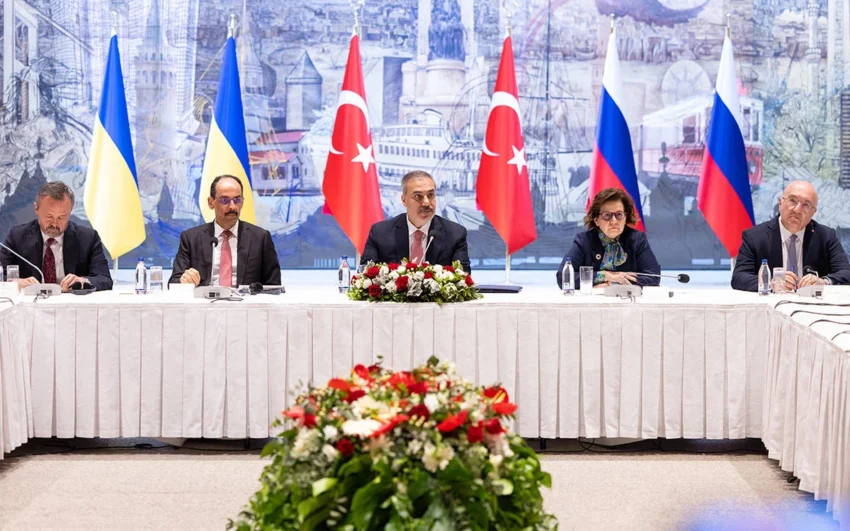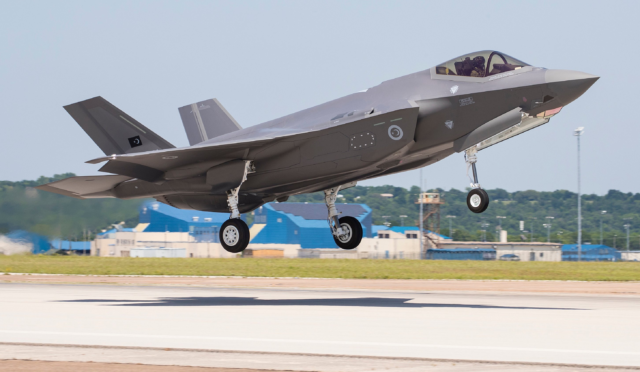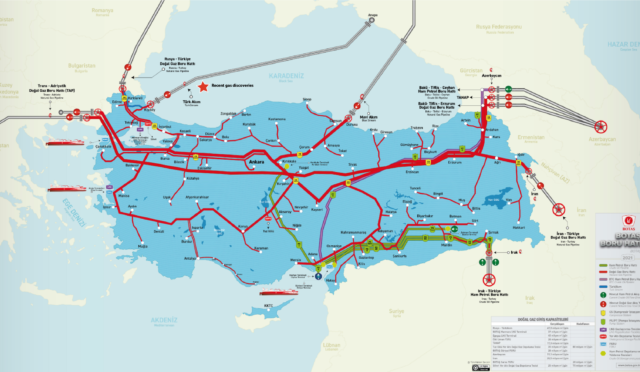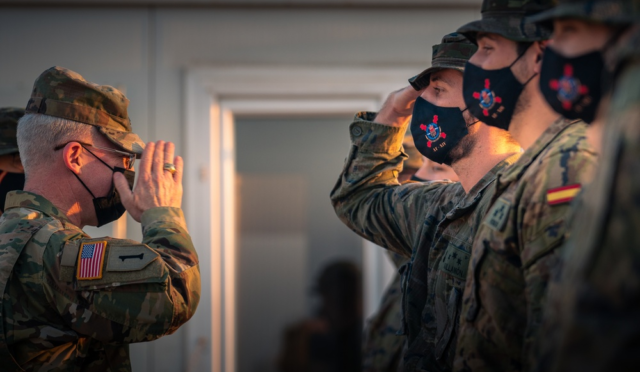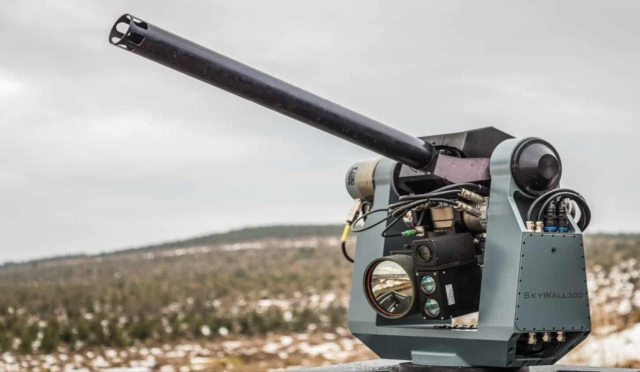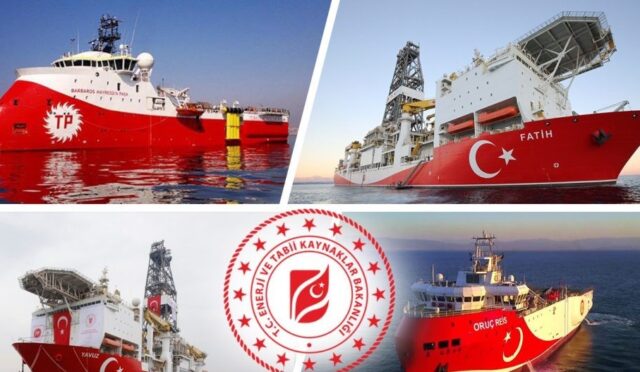Istanbul-In a historic breakthrough amid one of Europe’s most protracted conflicts, delegations from Russia and Ukraine finalized a landmark prisoner swap agreement during high-stakes negotiations in Istanbul on May 16, 2025. Facilitated by Turkey, these talks marked the first direct engagement between the two warring nations since March 2022, offering a rare glimmer of hope for de-escalation after more than three years of unrelenting hostilities. The agreement, which involves the exchange of 1,000 prisoners of war from each side, has been hailed as a critical confidence-building measure, though significant obstacles to a broader peace remain.
The Istanbul Negotiations: A Two-Phase Diplomatic Effort
The negotiations unfolded at the Dolmabahçe Presidential Working Office, a venue symbolic of Turkey’s growing role as a neutral mediator. The talks were structured in two distinct sessions to accommodate the delicate dynamics between the parties:
- First Session: This meeting included representatives from Turkey, the United States, and Ukraine. Lasting approximately one hour, it set the stage for broader discussions, with U.S. Secretary of State Marco Rubio playing a key role in articulating Western support for Ukraine’s position.
- Second Session: This longer session, spanning one hour and 45 minutes, brought together Turkey, Russia, and Ukraine. Russian GRU Director Igor Kostyukov led Moscow’s delegation, while Ukraine was represented by Defense Minister Rustem Umerov and Presidential Chief of Staff Andriy Yermak.
Turkish Foreign Minister Hakan Fidan oversaw both phases, leveraging Turkey’s unique position as a NATO member with diplomatic ties to both Russia and Ukraine. The talks culminated in the prisoner swap agreement, a concrete outcome that surprised many observers given the entrenched positions of both sides. Beyond the swap, discussions touched on the possibility of a ceasefire and the scheduling of future meetings, with both delegations committing to submit written ceasefire proposals in the coming days.
Key Details of the Agreement
The prisoner swap, set to involve 1,000 captives from each side, is one of the largest exchanges since the war began. Ukrainian officials emphasized that the deal prioritizes the return of soldiers captured during key battles, including the defense of Mariupol in 2022 and recent clashes along the eastern front. Russia, meanwhile, secured the release of personnel detained during Ukraine’s counteroffensives in Kharkiv and Kursk.
Hakan Fidan described the agreement as a “humanitarian milestone” and a “foundation for trust,” noting that it could pave the way for more substantive negotiations. Ukrainian delegates announced plans to compile detailed lists of individuals near Kyiv, with the exchange expected to occur under international oversight within weeks. The talks also addressed logistical challenges, such as ensuring safe passage for the prisoners and verifying identities—a process complicated by the chaotic nature of wartime detentions.
Voices from the Table: Official Statements
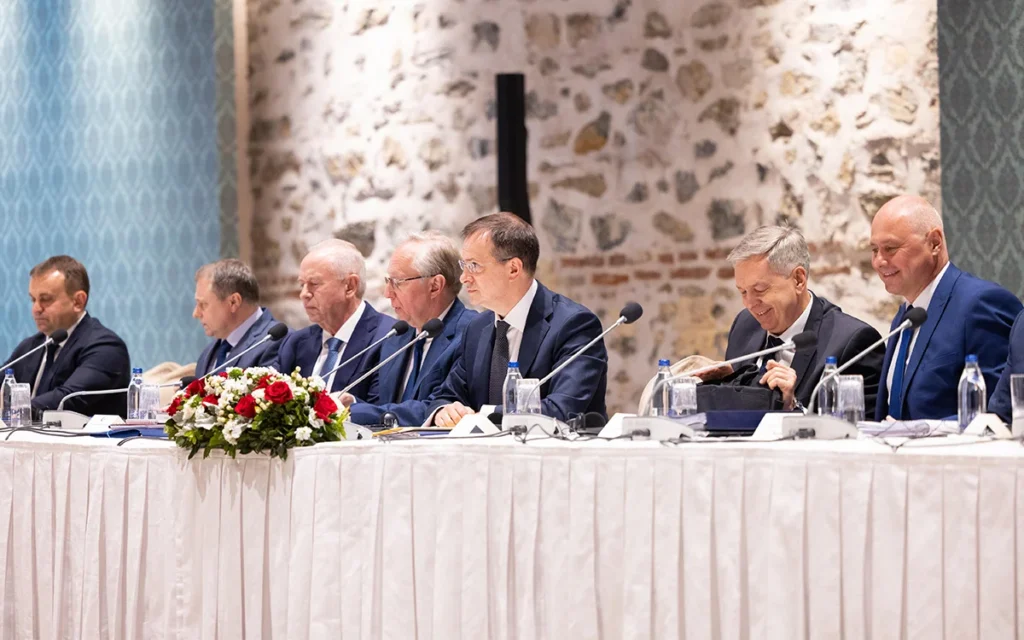
The negotiations drew a range of reactions from key figures, reflecting both optimism and caution:
Hakan Fidan (Turkish Foreign Minister): In a widely circulated post on X, Fidan called May 16 “an important day for world peace,” urging all parties to capitalize on the momentum. “The path to peace is long, but this step proves it is possible,” he wrote .
Rustem Umerov (Ukrainian Defense Minister): Umerov confirmed the swap and stressed Ukraine’s dual-track approach: “We are committed to peace negotiations, but our military readiness remains unwavering. A leaders’ summit is the next logical step.”
Andriy Yermak (Ukrainian Presidential Chief of Staff): Yermak advocated for an immediate ceasefire and direct talks between Presidents Volodymyr Zelensky and Vladimir Putin, arguing, “Only face-to-face dialogue can resolve the core issues.”
Sergiy Kyslytsya (Ukrainian Ambassador to the UN): While cautiously optimistic, Kyslytsya noted, “This is a potential good result, but the complexity of territorial and security disputes demands a summit of leaders.”
Dmitry Peskov (Kremlin Spokesperson): Peskov revealed that Putin was briefed in real-time during the talks, adding that contacts between Putin and U.S. President Donald Trump could play a “constructive role” moving forward.
Persistent Challenges: Ceasefire Eludes Negotiators
Despite the prisoner swap’s success, a ceasefire agreement proved elusive. Ukrainian officials voiced frustration over Russia’s ambiguous stance, with one delegate remarking, “The Russian side raised unacceptable conditions that stalled progress.” Another added, “We were prepared to sign a ceasefire today, but Moscow’s delegation offered no clear response.” These statements highlight the deep-seated mistrust that continues to hinder broader de-escalation.
Territorial disputes remain a major sticking point. Russia controls roughly 18% of Ukraine’s pre-2014 territory, including Crimea and parts of the Donbas, while Ukraine demands a full withdrawal as a precondition for peace. Security guarantees, NATO membership aspirations, and reparations further complicate the agenda, suggesting that the prisoner swap, while significant, is only a small step in a much larger process.
Turkey’s mediation earned praise from both sides. A Ukrainian official noted, “Turkey’s impartiality and logistical support were indispensable,” while Fidan reaffirmed Ankara’s commitment: “We will persist in our efforts to bring stability to the Black Sea region and beyond.”
The Broader Implications: A Turning Point?
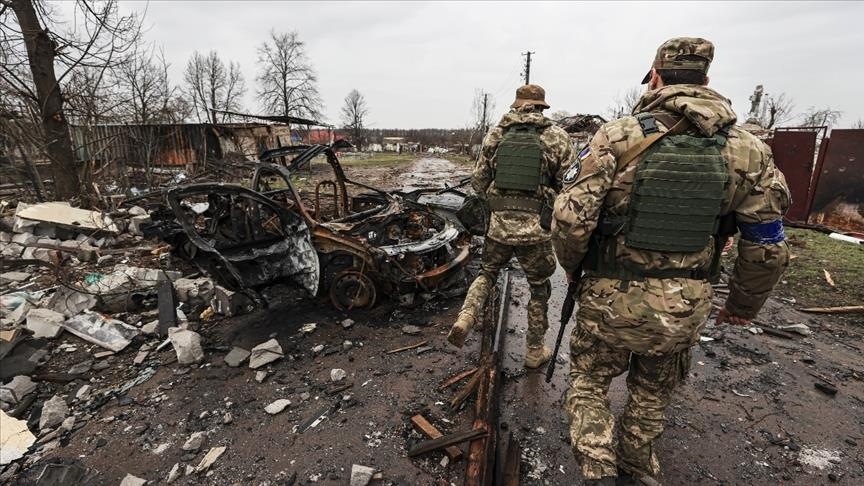
The prisoner swap carries profound symbolic and strategic weight. For families on both sides, it offers a rare moment of relief in a war defined by loss. Diplomatically, it signals that dialogue is possible even amid intense animosity, a notion bolstered by Turkey’s track record with the 2022 grain deal. Analysts suggest that the agreement could encourage further humanitarian initiatives, such as the repatriation of displaced civilians or the establishment of safe corridors.
Yet, the international context adds layers of complexity. The United States and European Union continue to arm Ukraine while imposing crippling sanctions on Russia, policies that bolster Kyiv’s leverage but also harden Moscow’s resolve. The potential involvement of Trump, as hinted by Peskov, introduces a wildcard—his administration’s approach could either accelerate diplomacy or deepen divisions.
The Broader Context: A Conflict Rooted in History
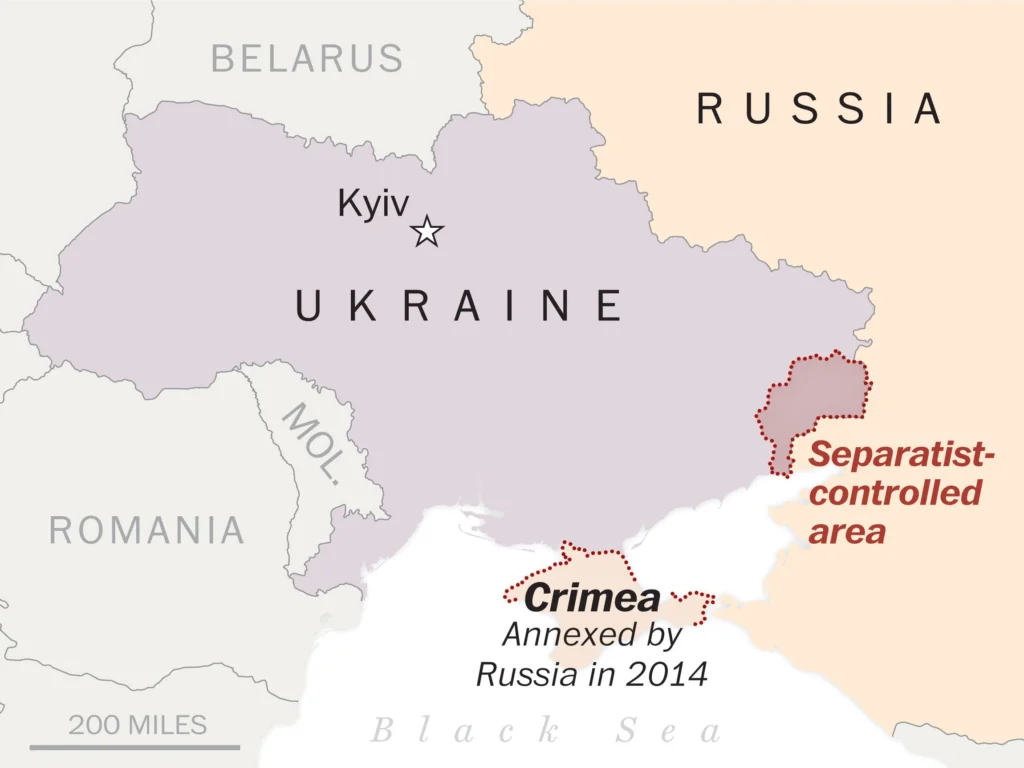
The Russia-Ukraine war, which erupted on February 24, 2022, with Russia’s full-scale invasion, has its origins in a complex web of historical, political, and territorial disputes. The conflict intensified following Russia’s annexation of Crimea in 2014 and its support for separatist movements in Ukraine’s eastern regions of Donetsk and Luhansk. By 2022, Moscow had expanded its territorial ambitions, seizing additional areas in Kherson and Zaporizhzhia, prompting a fierce Ukrainian resistance backed by Western allies.
Efforts to broker peace have repeatedly faltered. Early negotiations in Belarus and Turkey in 2022—including talks in Antalya on March 10 and Istanbul on March 29—yielded temporary agreements like the Black Sea Grain Initiative but collapsed amid mutual distrust. The alleged Bucha massacre in April 2022, where hundreds of Ukrainian civilians were found dead following a Russian withdrawal, further derailed diplomatic progress, leading to a near-total breakdown in communication. Against this backdrop, the Istanbul talks of May 2025 represent a pivotal moment, rekindling dialogue in a conflict that has claimed tens of thousands of lives and displaced millions.
Looking Ahead: What’s Next for Russia and Ukraine?
The Istanbul talks have set a precedent, but their long-term impact hinges on follow-through. Ukrainian officials are pushing for a leaders’ summit within months, arguing that only Zelensky and Putin can tackle the war’s thorniest issues. Russia, meanwhile, has signaled openness to further talks but remains guarded about concessions, particularly on territorial control.
For now, the focus shifts to the prisoner exchange’s execution. Teams in Kyiv and Moscow are compiling lists, a process expected to reveal the human toll of the conflict in stark detail. The international community, including the United Nations and Red Cross, has offered to monitor the swap, underscoring its global significance.
A Fragile Step Toward Peace
The prisoner swap agreement of May 16, 2025, stands as a testament to the power of diplomacy in even the bleakest circumstances. It is a concrete achievement in a war that has defied resolution, offering a foundation for trust-building measures that could, in time, lead to a ceasefire or beyond. However, as Sergiy Kyslytsya warned, “The road ahead is long and treacherous.” With territorial disputes unresolved and military tensions simmering, the Istanbul breakthrough is but a fragile first step—one that the world hopes will not be the last.
